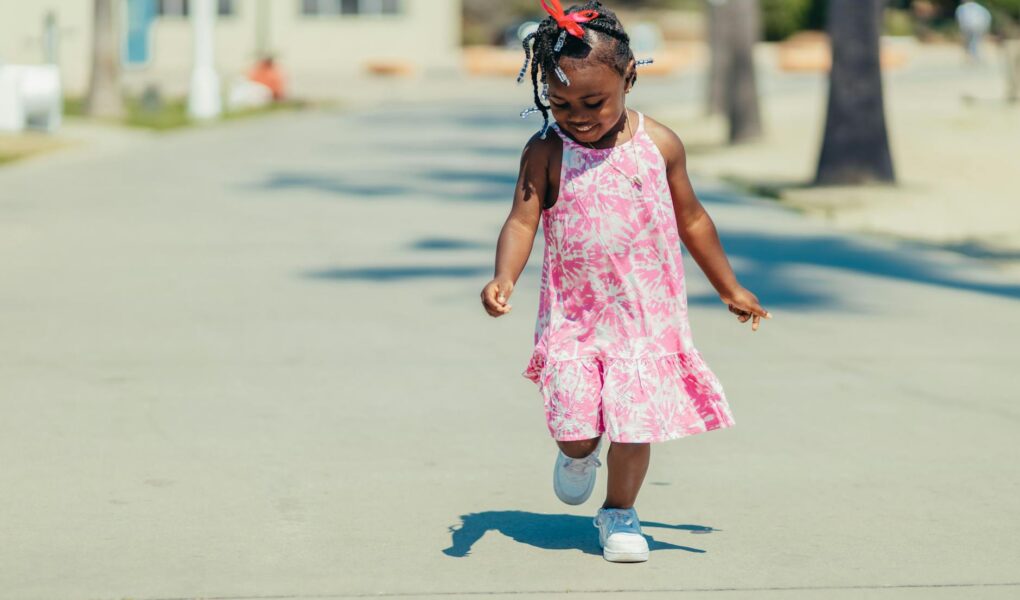Physical activity plays a vital role in promoting the health, development, and well-being of children. By incorporating regular exercise into kids’ routines from an early age, parents, caregivers, and educators can help lay the foundation for a lifetime of healthy habits and active lifestyles. In this article, we will explore the importance of encouraging children to be physically active and the numerous benefits that regular exercise can offer to their overall health and well-being.
1. Promotes Physical Health:
Regular exercise is essential for the physical development and well-being of children. Physical activity helps build strong muscles and bones, improve cardiovascular health, enhance coordination and balance, and support overall physical fitness. By engaging in regular exercise, children can develop healthy habits that will benefit them throughout their lives.
2. Supports Mental Health and Emotional Well-Being:
Exercise is not only beneficial for physical health but also plays a crucial role in supporting mental health and emotional well-being. Physical activity releases endorphins, the “feel-good” hormones, which can help reduce stress, anxiety, and feelings of depression. Regular exercise can boost mood, improve self-esteem, and enhance cognitive function in children.
3. Fosters Social Skills and Teamwork:
Participating in sports, group activities, and physical games can help children develop important social skills such as communication, cooperation, teamwork, and sportsmanship. Engaging in physical activities with peers allows children to build relationships, learn to work together, and develop valuable social skills that can benefit them in various aspects of their lives.
4. Enhances Cognitive Function and Academic Performance:
Research has shown that regular physical activity can have a positive impact on cognitive function, academic performance, and learning outcomes in children. Exercise helps improve focus, attention span, memory, and problem-solving skills, leading to enhanced academic performance and cognitive development. Incorporating exercise into kids’ routines can support their overall academic success.
5. Instills Healthy Habits for Life:
By introducing children to regular exercise early in life, parents and caregivers can instill healthy habits that can last a lifetime. Encouraging kids to be physically active from a young age helps them develop a positive attitude towards exercise, understand the importance of staying active, and prioritize their health and well-being as they grow older. Regular exercise early in life sets the stage for a healthy and active lifestyle in the future.
6. Reduces the Risk of Chronic Diseases:
Regular physical activity in childhood can help reduce the risk of developing chronic diseases later in life. Engaging in regular exercise can help maintain a healthy weight, improve cardiovascular health, regulate blood sugar levels, and support overall metabolic function. By incorporating exercise into kids’ routines early, parents can help reduce the risk of obesity, type 2 diabetes, and other chronic conditions in the future.
7. Encourages Outdoor Play and Exploration:
Physical activity encourages children to spend time outdoors, explore their environment, and engage in active play. Outdoor play offers numerous benefits, including exposure to fresh air and sunlight, connection with nature, and opportunities for imaginative and creative play. Encouraging kids to be active outdoors can enhance their physical, mental, and emotional well-being.
8. Builds Confidence and Resilience:
Regular exercise can help children build confidence, resilience, and a positive self-image. Achieving physical milestones, mastering new skills, and overcoming challenges through physical activity can boost children’s self-esteem, self-confidence, and sense of accomplishment. Engaging in regular exercise can help children develop a sense of resilience and perseverance that can benefit them in all areas of their lives.
9. Provides Opportunities for Fun and Play:
Physical activity should be enjoyable and fun for children, providing opportunities for play, laughter, and enjoyment. Incorporating exercise into kids’ routines through games, sports, dance, and other activities can make staying active a pleasurable and rewarding experience. Encouraging kids to have fun while being active can foster a lifelong love for movement and exercise.
10. Strengthens Family Bonds and Relationships:
Engaging in physical activities as a family can strengthen bonds, create lasting memories, and promote a sense of togetherness. Family activities such as bike rides, hikes, sports games, or outdoor adventures can provide opportunities for quality time, communication, and shared experiences. By incorporating exercise into family routines, parents can promote a culture of health, wellness, and connection within the family unit.
Incorporating exercise into children’s routines early is essential for promoting their physical health, mental well-being, social skills, and overall development. By encouraging kids to be physically active, parents, caregivers, and educators can help lay the foundation for a lifetime of healthy habits, active lifestyles, and well-rounded individuals. Prioritizing regular exercise in children’s routines early in life can set them on a path towards a healthier, happier, and more fulfilling future.



